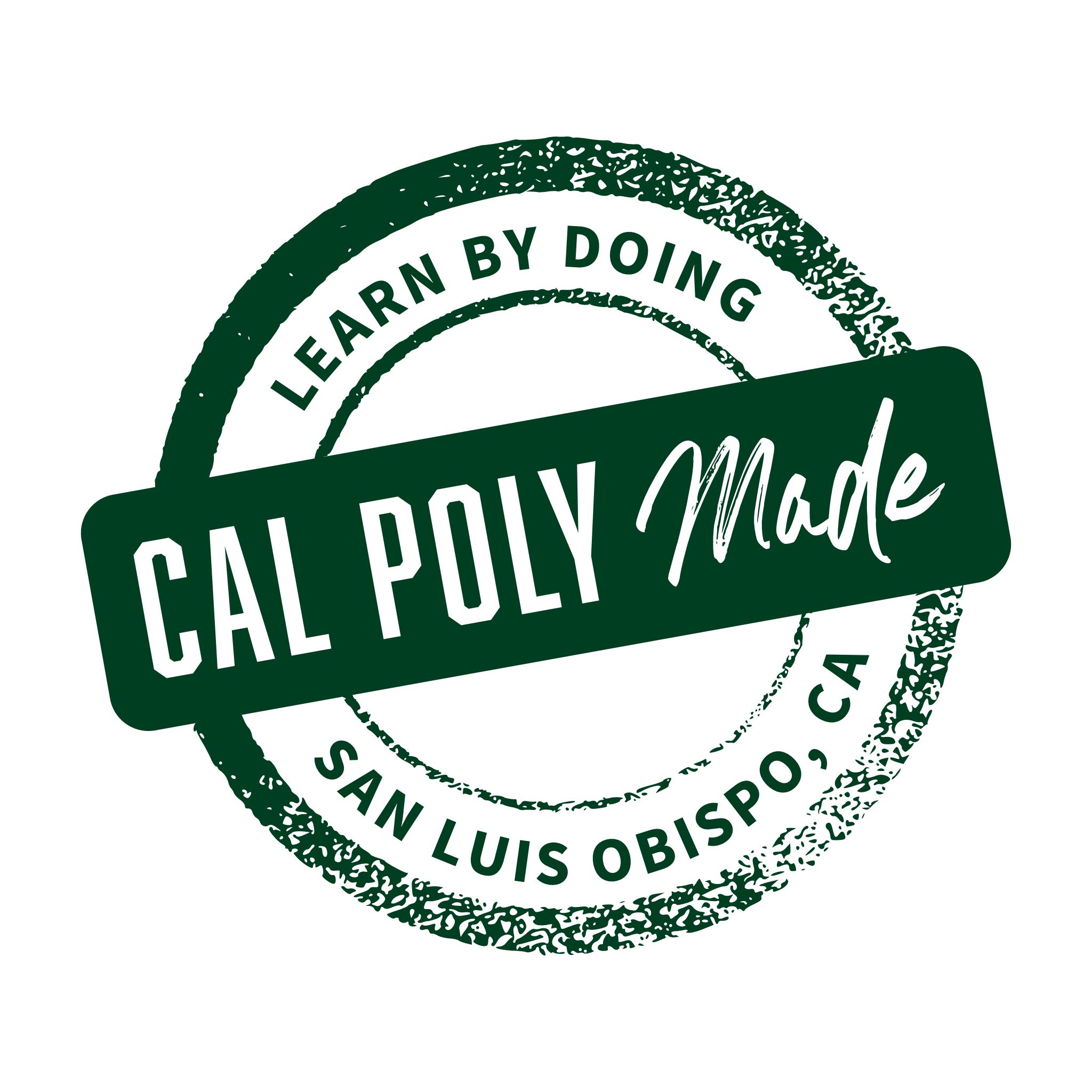Faculty & Staff - Michael La Frano
Michael La Frano, PhD, RD
Associate Professor
Post-doctoral Fellowship, University of California, Davis (Fields of study: Analytical Chemistry and Metabolomics)
Ph.D., Nutritional Biology, University of California, Davis 2012. (Dissertation: Metabolism of Biologically Active Retinoids and Provitamin A Carotenoids in Humans and Animal Models)
B.S., Nutrition & Dietetics, Loma Linda University, 2007.
Professional Affiliations:
American Society of Nutrition
Metabolomics Society
Metabolomics Association of North America
Recent year teaching assignments
Nutrition (FSN 210)
Macronutrient Metabolism/Nutrient Metabolism I (FSN 328/FSN 331)
Micronutrient Metabolism/Nutrient Metabolism II (FSN 329/FSN 332)
Nutrient Metabolism Lab (FSN 329/FSN 333)
Senior Project I (FSN 461)
Metabolic and Molecular Aspects of Vitamins (FSN 529)
Research interests
My research focuses on investigating the response of metabolites to nutrition and disease using metabolomics analysis. Our lab has now developed three metabolomics assays capable of identifying hundreds of metabolites in biological samples ranging from polar (amino acids and sugars) to nonpolar (phospholipids and triacylglycerol species) compounds. The ability to assess this large number of compounds allows us to gain a more complete picture of the metabolic consequences of dietary interventions and disease processes. Our current projects include the impact of a dietary and exercise intervention on gestational diabetes recurrence, strawberry consumption effects on cardiometabolic and gut health, the validation of a novel swine model for nonalcoholic steatohepatitis (NASH), and the assessment of diet intake using food intake biomarkers. Furthermore, we are involved in food-science-related projects that involve the quantification of phytonutrients such as polyphenols and carotenoids, as well as vitamins, amino acids, carbohydrates, and fatty acids, in order to assess food composition and the effects of processing.


